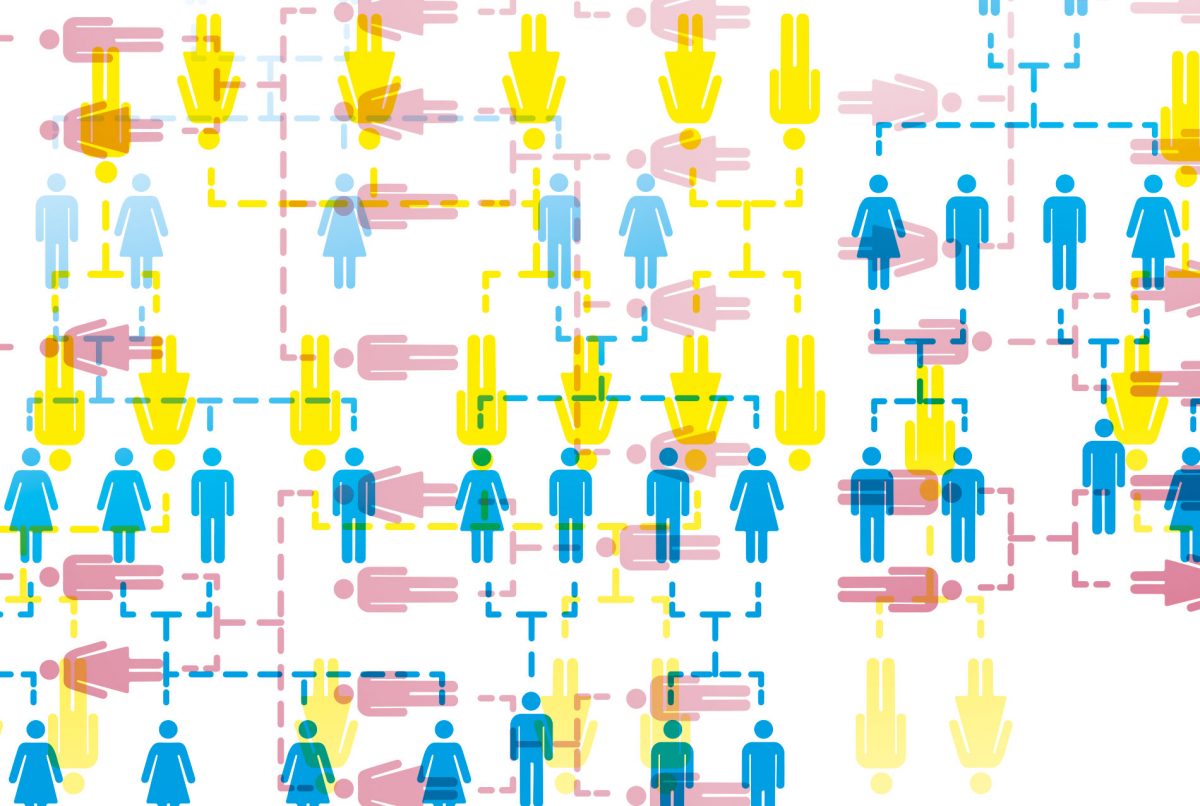Applying for your Dutch visa and your Dutch residence permit is one of the most important tasks to take care of, before you move to the Netherlands. Having the correct papers and following the appropriate procedures can be a little complicated. The acquisition of some documents is a lengthy process, and not all expats need the same ones. On this page, you can find information about which documentation you need, and how you can get it.
First and foremost, do you actually need a Dutch residence permit or a Dutch Visa?
The answer is no, if you are:
- A national of the European Union (EU), the European Economic Area (EEA) member states or Switzerland. You will, however, have to register with your local Dutch municipality if you intend to stay in NL for longer than four months
- A spouse, partner or relative of an EU, EEA or Swiss National, even if you are not one yourself
- You are not required to obtain a visa if you are from the United States, Canada, Japan, South Korea, Monaco, Vatican City, Australia or New Zealand. Yet, you are required to have a residence permit, so please read on
If you are from outside of the EU, the EEA or Switzerland, it is essential that you acquire the correct documents, before traveling to the Netherlands!
 Tip
Tip
It is worthwhile getting your head around the following acronyms, in order to better understand Dutch Visas and Residence permits:
1. MVV, ‘Machtiging tot Voorlopig Verblijf‘ : ‘Authorization for Temporary Stay’. This is a long stay Visa
2. VKV, ‘Visum Kort Verblijf‘ : A short stay visa
3. VVR, or the ‘Verblijfsvergunning’ : The Dutch residence permit
4. TEV, ‘Toegang en Verblijf’ : ‘Entry and Residence Procedure’. This a process that enables you to apply for a Visa and a residence permit simultaneously
5. IND, Immigratie- en Naturalisatiedienst: ‘Immigration and Naturalisation Service’. This is a Dutch government agency that manages the entry of foreigners into the Netherlands
How do you obtain a Dutch Visa?
To procure your Visa, visit the Dutch embassy in your country of origin or residence. If you plan to stay in the Netherlands for:
- A period of less than 90 days, you will have to request a Short Stay Visa (VKV)
- A period exceeding 90 days, you must arrange an Authorization for Temporary Stay (MVV)
 Side Note
Side Note
- An MVV must also be requested for your accompanying family members
- The process takes approximately 90 days, so make sure you start the procedure in good time
- You cannot apply for a Dutch residence permit, if you have entered the Netherlands without an MVV
The TEV Procedure
In the Netherlands, it is possible to apply for both an MVV and a residence permit at the same time. You can do this through the ‘Entry and Residence Procedure’. This is referred to as the ‘TEV’ in Dutch. The procedure works as follows:
- To initiate the ‘TEV procedure’ you must visit the Dutch embassy in your country of origin or residence, and apply for both documents
- Alternatively, if you have a ‘sponsor‘ residing in the Netherlands, they can initiate the TEV procedure on your behalf. A sponsor is a person or an organization who has an interest in your coming to the country. They could be a family member, an employer or a university
- Your sponsor must fill out the application form and send it, along with the other necessary documents, to the IND
- You must await the outcome of your TEV application, before you travel to the Netherlands
- Under exceptional circumstances, however, you may be able to enter the country without an MVV. It is crucial that you communicate with the IND, if you need to do this
- If the IND has no objection to your entering the Netherlands, it will send an MVV approval to the Dutch embassy in your home country, or country of residence
- You must collect this approval from the Dutch embassy, in your country
When you Reach the Netherlands
Within two weeks of your arrival in the Netherlands, you must:
- Contact the IND
- Ask to set up an appointment with them as soon as possible
- They will ask for your fingerprints, passport photo and signature
- Once these have been provided, you will be issued with your Dutch residence document
The Dutch RESIDENCE PERMIT
A Dutch residence permit is referred to as a VVR, as we mentioned earlier. In order to obtain one, you must initiate the ‘VVR procedure’. If you do not also require an MVV, then you can apply for your residence permit with the IND. Or, your prospective employer can apply on your behalf. You will need the following documents for the application:
- A legalized, certified copy of your birth certificate
- Your spouse’s or partner’s birth certificate, if applicable
- A legalized marriage license, if you have one
- A copy of your legalized divorce decree, if either you or your partner were previously married
- You may need to provide additional documents, depending on your circumstances and country of origin
At a later date, the IND will also ask for your:
Obligation to carry ID in NL
On top of having the correct visa and residence permit, you are also obligated to carry ID at all times in the Netherlands:
- In Holland, legal forms of ID include: a passport (for EU nationals), or a valid aliens document (for non-EU nationals)
- Dutch nationals may show either a driver’s license, a passport, or an identity card
- Photocopies of your documents will not be accepted as valid forms of ID in the Netherlands
- Inviting the police to come and check your documents at your home will not be sufficient either
- It is not enough for children over the age of 13 to be included in their parents’ passports. They must own and carry their own papers
Failure to Produce ID in NL
What happens if you are caught without your ID in the Netherlands?
- If you refuse to comply with the above regulations you may be taken to the police station for identification
- You also run the risk of being charged a fine
- This will be in the region of € 45 if you are under the age of 16, or € 90 if you are older
- However, in extreme cases, you could be fined as much as € 2,250, so it is wise to abide by the rules!
- If store or building security officers ask you for your ID you are not obliged to show it to them
- However, they will have the right to deny you entry to, or to escort you out of, the building
 Useful links
Useful links
- Arrange an IND appointment to receive assistance with your Dutch residence permit or visa
Check out the following organisations for further advice:

How Expats in the Netherlands Are D ...
The Netherlands has long been known for its financial savviness, and that mindset tends to ...

Understanding Mortgage Calculators ...
Buying a home in the Netherlands involves careful financial planning, especially for expats navigating the ...

Mortgage Interest Rates in 2025: Wh ...
As 2025 unfolds, expats navigating the Dutch housing market find themselves in a shifting financial ...

Be prepared for the Dutch housing m ...
Buying a house in the Netherlands may work a bit differently to what you are ...

Mortgage Interest Rates in the Neth ...
Mortgage interest rates can have a significant impact on homebuyers and homeowners. The average interest ...

Dutch 30%-ruling Tax Facility
The 30%-ruling is a tax advantage, created for employees who are posted or recruited ...

Obtaining a Mortgage as an Expat in ...
Obtaining a mortgage as an expat in the Netherlands can be a complex process, as ...

Banking made easy with ABN AMRO
When preparing to live in another country, you are instantly faced with the hurdles of ...

Four Legal Differences You Need to ...
Relocating to any country is a big step. Aside from all the cultural differences and ...

Patchwork Family
‘Patchwork families’ are families made up of parents and children, whereby one – or both – of ...